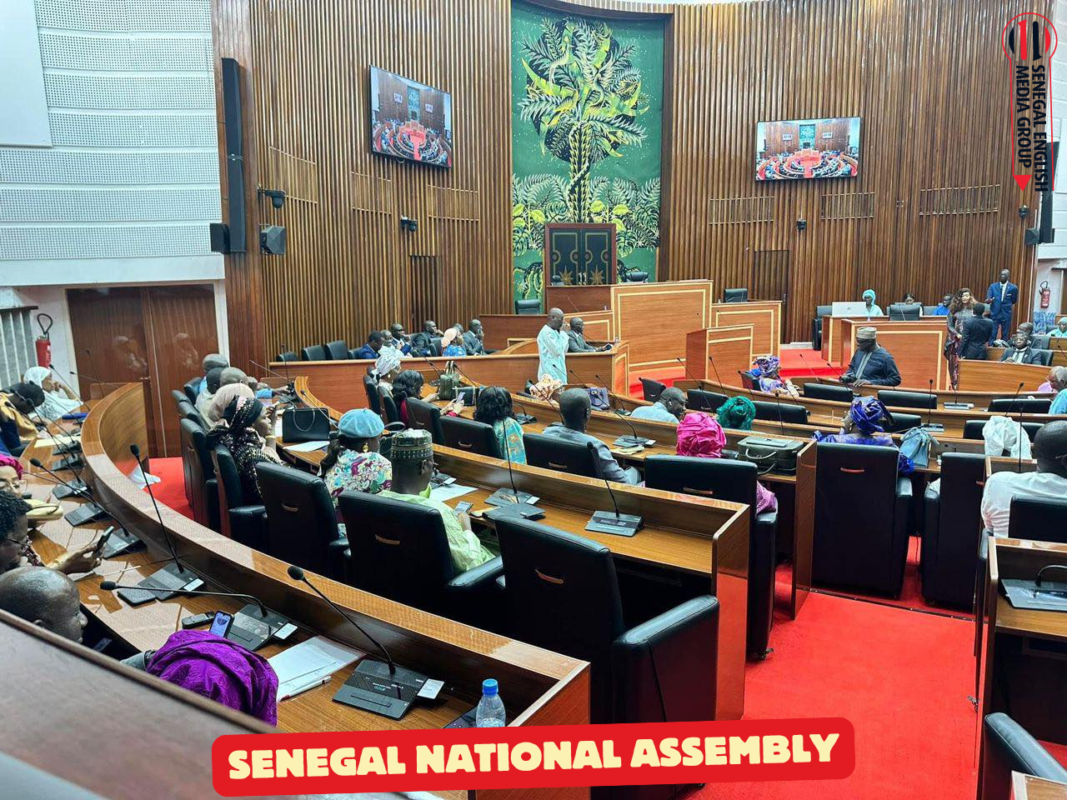
Only one of the five motions of censure submitted to the National Assembly since Senegal’s independence in 1960 has been successful. It was the 1962 crisis, which led to a memorable crisis.
But on Sep 3rd, the Bby Parliamentary Group tabled a new motion of censure aimed at overthrowing the government led by Ousmane Sonko.This practice of the motion of censure is not new in Senegal. Indeed, four of the five presidents who have led the country have been confronted with this parliamentary process: from Léopold Sédar Senghor to Macky Sall.
The first motion of censure that was successful dates back to 1962, when there was still a one-party regime. At the time, deputies from the same political family decided to depose the government of the then President of the Council, Mamadou Dia.
In the following decades, this parliamentary initiative continued to be used, but without success. It was not until the end of Abdou Diouf’s reign in 1998 that the debate on a motion of censure was heard again in the National Assembly. This time, it was the opposition that tried to overthrow the government led by Prime Minister Mamadou Lamine Loum. But the parliamentary majority succeeded in defeating this attempt.With the advent of democracy and the first political change in 2000, the country continued to live to the rhythm of political debates for or against a motion of censure.
In 2002, it was Prime Minister Mame Madior Boye who had to defend his government before the deputies after a motion of censure tabled by the opposition. Once again, the majority succeeded in defeating this attempt to overthrow the government.In 2012, with the coming to power of Macky Sall, a new motion of censure was tabled against Prime Minister Abdoul Mbaye. But the parliamentary majority, which was now Benno bokk yaakaar (Bby), once again dictated its law and prevented the overthrow of the government. In 2022, the same scenario was repeated with the summoning of Prime Minister Amadou Ba, who finally saw his motion of censure rejected.
Today, with the third political alternation in March 2024, the debate on a new motion of censure is back. This time, it is following the rejection of the bill dissolving the HCCT and the CESE that this practice is being discussed in the National Assembly.Over the years, this parliamentary approach has become a political weapon used by both the opposition and the majority to try to tip the political balance. But it remains a difficult procedure to carry out, as evidenced by the many failures it has experienced in Senegal. It remains to be seen whether this latest attempt to overthrow the government of Ousmane Sonko will succeed or not
—-
Brought to you by Senegal English Media Group


